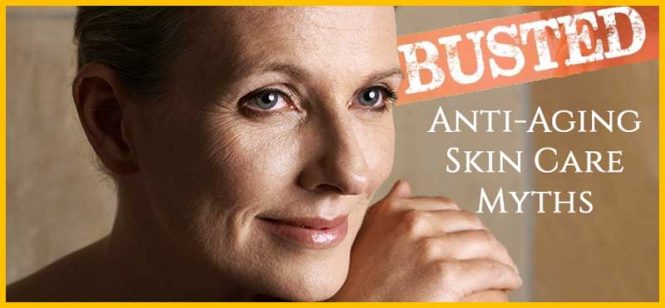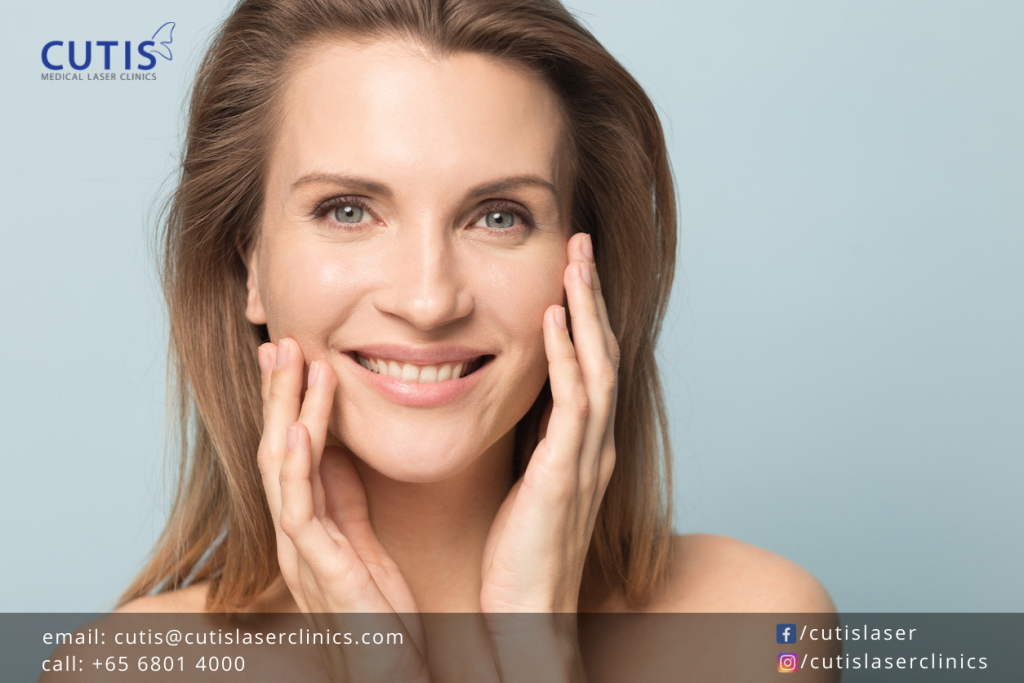

Anti-aging is a multifaceted journey, not a destination. It’s a quest to understand how we age and what we can do to slow the visible signs of time. This deep dive into the world of anti-aging unravels the myths and illuminates the scientifically supported approaches to achieving healthy, vibrant skin. Many wonder if expensive products are the key, but we’ll delve into effective, approachable strategies for everyone.
We’ll explore the science behind aging, uncover common anti-aging myths, and present evidence-based skincare solutions. This article will guide you through practical steps to enhance your natural beauty while dispelling misleading claims. We’ll also touch on lifestyle factors that significantly impact the aging process. Finally, we’ll arm you with actionable advice for maintaining healthy, radiant skin throughout the years.
This article is structured as follows: we will first address common myths and dispel them with evidence-based facts. Next, we’ll unveil the scientific processes that drive skin aging and how to counteract them. We will then present actionable skincare steps and, lastly, discuss crucial lifestyle components that contribute to overall anti-aging results.
Debunking Anti-Aging Myths:
Common Misconceptions
Many myths surround anti-aging, leading to unnecessary spending on ineffective products or treatments. One pervasive misconception is that aging is solely a function of genetics; while genetics play a role, lifestyle and environmental factors have significant influence. Another commonly held belief is that rapid results are the sole measure of an effective product, but the truth lies in consistent, holistic approaches.
Another misconception is that age-related skin issues are inevitable. Many interventions are available to counter these changes, so an optimistic outlook and proactive approach are often key ingredients to success. Many people equate anti-aging with the application of extreme or dramatic measures, but in reality, consistent and effective results come from a combination of daily habits and strategic interventions.
For instance, many believe that expensive products are the only way to achieve anti-aging results. The truth is that many effective skincare ingredients are surprisingly affordable and readily available. A combination of science-backed ingredients and a conscious lifestyle can make a monumental impact on the visible signs of aging. Finally, a lack of knowledge and awareness about the causes and effects of aging can lead to poor choices.
Unveiling the Science of Skin Aging:
Cellular Processes and Environmental Factors
Skin aging is a complex process influenced by various factors including intrinsic (genetic) and extrinsic (environmental) components. Our skin undergoes significant changes with age, resulting in a decline in collagen and elastin production, leading to the formation of wrinkles and sagging skin. Environmental aggressors like UV radiation and pollution significantly accelerate this process.
Further exacerbating the problem is the decline in skin’s natural moisturizing factors (NMF). This leads to dry skin and a reduction in hydration levels. These factors can significantly affect the skin’s resilience and its ability to repair itself. Understanding the interplay between these factors allows for a more targeted, effective approach to addressing age-related concerns.
Moreover, the cumulative effect of various environmental factors, such as sun exposure and pollution, contribute greatly to premature skin aging. The damaging effects of sun exposure are well-documented, accelerating the breakdown of collagen and elastin, resulting in visible signs of aging like wrinkles and age spots.
Evidence-Based Skincare Strategies:
Daily Habits
Evidence-based anti-aging routines focus on maintaining healthy skin from the inside out. A key element is incorporating a rich diet rich in antioxidants and vitamins known for supporting skin health and function. This approach involves consuming foods that provide essential nutrients that promote collagen production and skin repair.
Daily skincare routines should incorporate practices like cleansing, moisturizing, and sun protection. Employing products with active ingredients like retinol, vitamin C, and hyaluronic acid is crucial. Using a gentle cleanser, applying a moisturizer to lock in moisture, and using a broad-spectrum sunscreen daily are foundational. The consistent and correct application of these practices can effectively minimize age-related concerns.
Lifestyle Choices for Anti-Aging Success:
Nutrition and Hydration
Your diet plays a pivotal role in overall well-being, and anti-aging is no exception. A diet rich in antioxidants and essential nutrients like vitamin C, E, and collagen can significantly contribute to a healthier, more youthful complexion. Incorporating hydrating foods and staying hydrated through water consumption are essential for optimal skin health.
Proper nutrition, particularly a balanced diet with fruits and vegetables, supports collagen production and helps maintain skin elasticity. Sufficient hydration promotes the delivery of nutrients to skin cells and aids in flushing out toxins. The simple act of choosing nourishing foods and staying hydrated directly contributes to maintaining a healthy, radiant complexion over time.
The Role of Professional Consultation:
Seeking Expert Advice
Consulting a dermatologist can provide invaluable insights and guidance. They can assess your skin type, concerns, and individual needs to develop a tailored anti-aging plan. They can recommend specific products and treatments, and monitor your progress for optimal results.
Understanding your skin’s specific needs is key; a dermatologist can help you develop a unique plan that addresses those concerns directly. Skin care experts can also advise on appropriate product usage to prevent potential skin irritations or allergic reactions.
Long-Term Strategies for Maintaining Anti-Aging Results:
Sustaining Healthy Habits
Anti-aging isn’t just about short-term solutions; it’s about adopting a lifestyle that supports healthy skin. Maintaining a balanced diet, staying well-hydrated, and consistently practicing skin care contribute to long-term success. Cultivate healthy habits and continue consistent practices for radiant skin. It’s crucial to focus on daily consistency for lasting results.
The Power of a Comprehensive Approach:
A Holistic View on Anti-aging
Anti-aging success is often linked to a combination of factors. It’s about understanding how you age and proactively creating a skincare routine that works best for you. Addressing the root causes of aging, rather than solely focusing on surface-level solutions, is a key takeaway of this discussion. A holistic approach brings balance.
The Importance of Consistent Care:
Sustaining Healthy Habits
Consistent application of skincare products and a holistic approach are crucial to achieving lasting results in your anti-aging journey. The key is consistency and commitment to your chosen routine to maintain your desired outcome.
Skin Health and Lifestyle Factors:
Beyond Skincare Routine
The lifestyle you embrace plays a vital role in how well you age. From nutrition to hydration, and stress management, integrating these practices into your routine will support skin health and overall well-being.
Frequently Asked Questions
What are the top three ingredients in anti-aging products?
Retinol, vitamin C, and hyaluronic acid are consistently recognized as powerful ingredients in anti-aging products. Retinol promotes cell turnover, diminishing wrinkles and uneven skin tone. Vitamin C is a potent antioxidant that protects the skin from environmental damage and boosts collagen production. Hyaluronic acid is known for its excellent moisturizing properties, creating a plump, hydrated appearance.
How often should I use anti-aging products?
The frequency of anti-aging product use depends on the specific product and its ingredients. Follow the manufacturer’s instructions and consider your skin type. Start with a suitable frequency and adjust according to your skin’s response. A dermatologist can offer personalized recommendations.
In conclusion, understanding the truth about anti-aging is crucial for achieving healthy, vibrant skin. By debunking myths and embracing evidence-based skincare practices, you can cultivate a more youthful appearance and feel. Consider consulting a dermatologist for personalized recommendations tailored to your specific skin type and concerns. Start your journey towards healthier, more radiant skin today! Visit our website for more skincare tips and product recommendations.